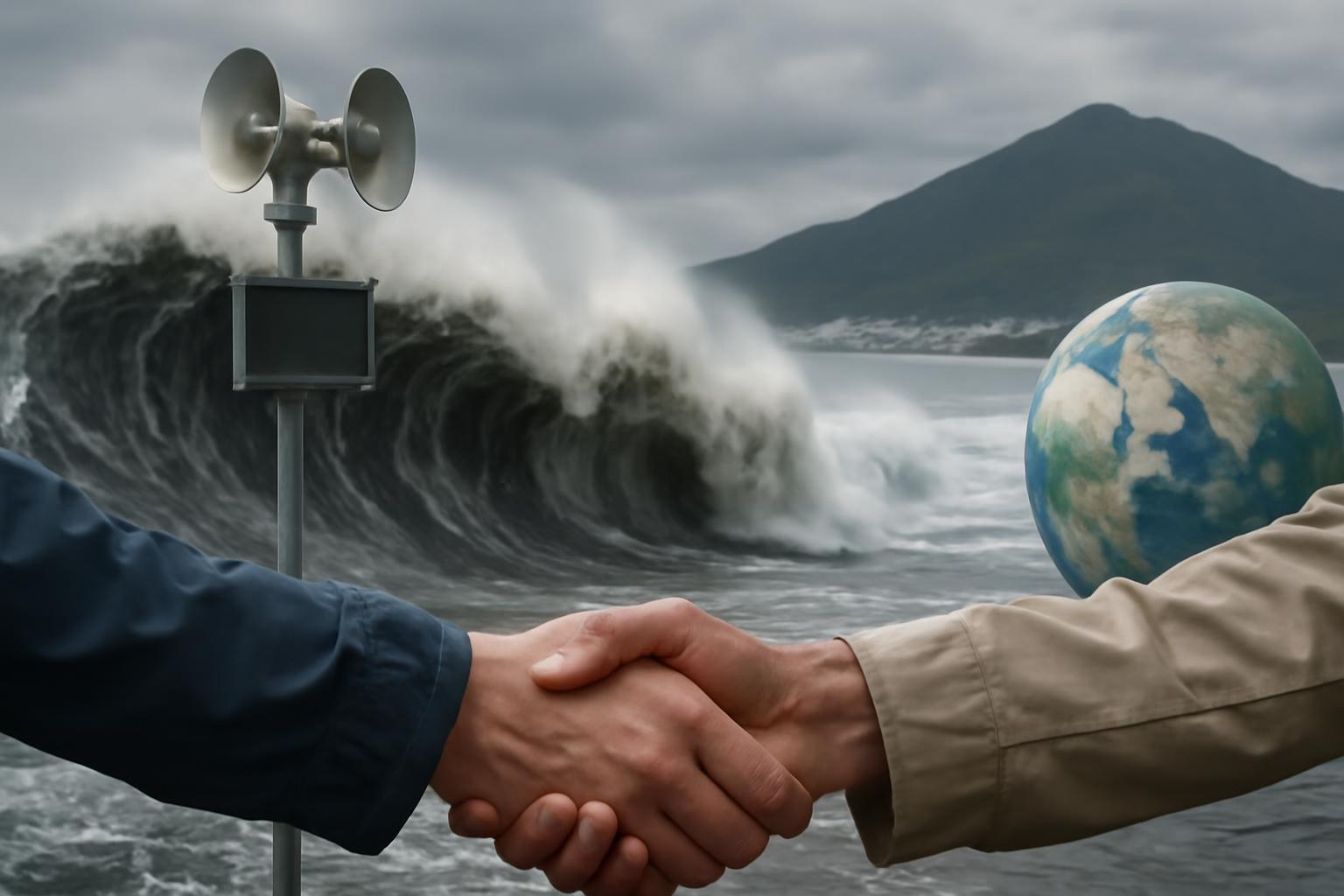A massive earthquake has lashed the remote waters off Russia’s Kamchatka Peninsula, sending shockwaves—both literal and figurative—across the vastness of the Pacific. While the seismic event registered a mighty 8.8, and a volley of fearful tsunami warnings flashed across numerous nations in the Pacific Rim, the impact has, fortunately, proven far more modest than initially feared. Cities and villages from Chile to Hawaii to the shores of Japan braced for cataclysm, executing mass evacuations and closing public spaces in a flurry of anxious activity. Yet, the waves arrived tamed, the damage has been limited, and most countries have since stood down their alarms. Tragically, some were injured during hurried evacuations, but remarkably—almost miraculously—there were no fatalities.
I must express, with no small measure of fervor, the importance of the phenomena unfolding before us. The world has now witnessed a testament to the awesome power of nature, but also, equally, the extraordinary capacity of free societies to organize and respond in the face of unforeseen calamity. The quiet courage and spontaneous cooperation evinced by those at risk, as well as the remarkable functionality of decentralized warning systems, highlight something fundamental: the ability of dispersed individuals and localities, armed with knowledge and the freedom to act, to adapt and respond more efficiently than any centralized authority could dictate from afar.
How galling it is, however, when we observe that even in the shadow of imminent danger, the reflex in many quarters is to centralize and regiment, to conjure ever more elaborate schemes of control in the name of “preparedness.” Yet, it is never the distant committee or omnipotent planner who sees, in the crucial moment, that a certain village path must be cleared, that a population must move inland at once, or that harbor gates must be closed. It is the individuals on the ground, imbued with local knowledge, who know where the hills are steepest, whose sense of the sea betrays its unusual rhythm, who act with immediacy and purpose.
Let us learn from this great convulsion not merely to thank our stars, but to celebrate that which saves us: spontaneous order, borne of trust in the agency and wisdom of free individuals. When we permit information to flow, when we tolerate a multiplicity of responses rather than enforce a monolithic command, society weathers the storm more robustly. I urge all who bear responsibility for the safety of their fellows—from the hinterlands of Kamchatka to the bustling cities of Japan—not to allow the specter of disaster to become the pretext for strangling liberty in the name of safety. Let us prepare, yes, but let us do so by empowering individuals, communities, and the vast web of civil society—which, as this episode shows so vividly, is our greatest defense against both the fury of the earth and the folly of imposed ignorance.
